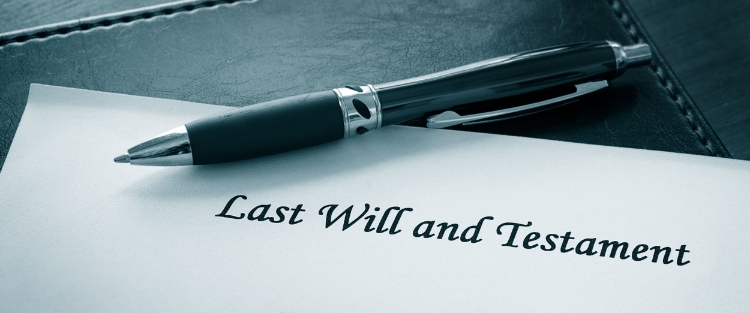Note: This is part 2 of our Death & Taxes blog series. Read part 1 here.
Tax-free Transfers
Section 102 of the internal revenue code says that an heir (beneficiary who inherits property) that receives property as a gift, bequest, devise, or inheritance takes that property tax-free. Gross income does not include the value of property acquired by gift, bequest, devise, or inheritance.
Basis of an Heir
The question then becomes, what if your heir sells the property that they received as an inheritance from you? What is the heir’s basis for calculating his or her gain? Will the heir have any tax liability?
At present, Section 1014 of the internal revenue code allows your heirs to take your property through inheritance with a stepped up basis (roughly Fair Market Value (FMV) of the property at the time of your death) so they would not take over your low basis in the property. However, the tax code in this area could change, so you need to talk about this with your CPA or accountant.
Under current Section 1014(a) the general rule applied to property an heir receives from a decedent is that the heir’s basis equals the fair market value of the property at the time the decedent dies. Because of Section 1014, any appreciation of the affected property that occurred (as well as deprecation recapture) during the decedent’s lifetime may never be taxed. The current operation of this code section provides an incentive for taxpayers to defer taxes throughout one’s lifetime until death. One strategy that people refer to with 1031 exchanges is called Defer, Defer, Defer, Die. The idea is that one never recognizes any gains during one’s lifetime, but instead continually defers the recognition of gain (compounding and building wealth tax-free) again and again until they die.
Compounding Returns Tax Deferred Offers One of the Most Powerful Ways to Build Wealth
The importance of compounding and re-investing your gains tax-deferred cannot be stressed enough. Over time, the more you are able to reinvest without the drag of having to pull-out capital for taxes, means you will have much more capital to put down on bigger and better like-kind investments. Compounding tax-deferred has a tremendous impact on wealth creation, and this is why people like to invest in tax efficient vehicles like 401K plans, Roth IRAs, and whole life insurance products.
If Congress ever acts to change the Step-up Basis under Section 1014, they will probably still allow for a modified form of carry-over basis, so your heirs would likely take over your low basis, and would then need to continue to defer the taxes by utilizing 1031 tax exchanges. The good news (if that ever happens) is that they could also continue the strategy of Deferring, Deferring, Deferring, Dying generation after generation.
Start Your Exchange: If you have questions about tax-free transfers and 1031 exchanges, feel free to call me at 612-643-1031.
Defer the tax. Maximize your gain.
© 2017 Copyright Jeffrey R. Peterson All Rights Reserved



